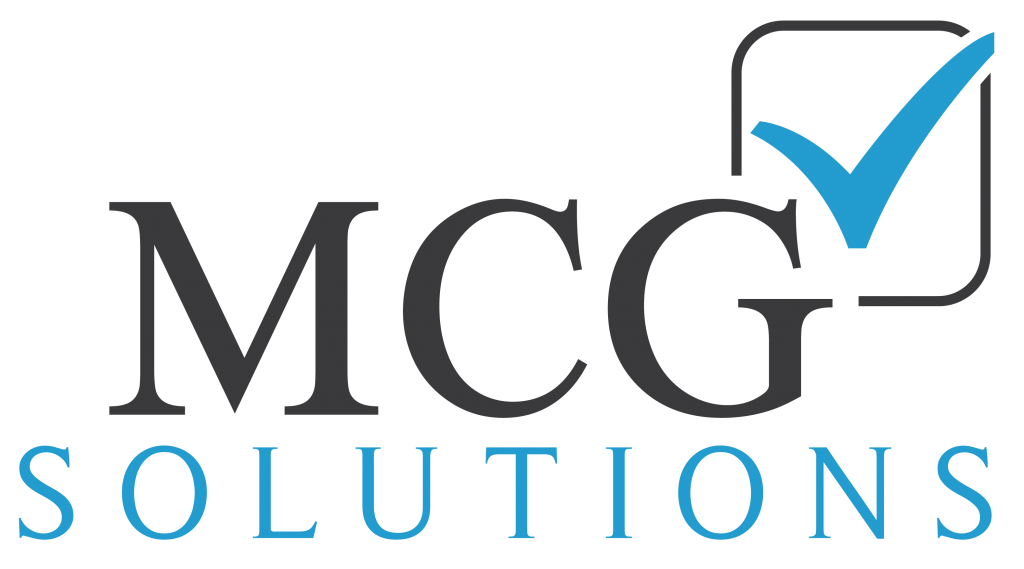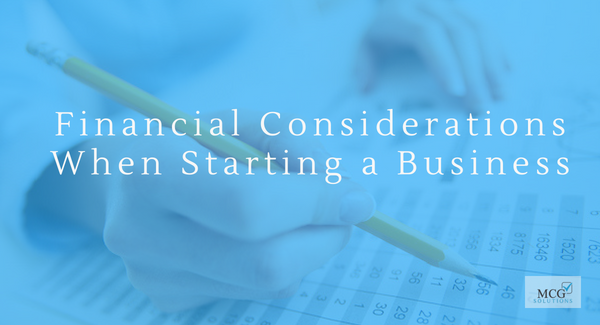Anyone who has ever started a business knows, there are innumerable financial considerations that must be made—from calculating how much money you need to eventually break even, to figuring out what you’re going to pay your employees or charge for your goods/services.
Some considerations are more important than others, however, because they dictate how likely your business is to succeed over both the short- and long-term. Let’s take a look at a few of the chief financial considerations to make from the get-go and why they’re so important.
Business entity structure
One of the earliest financial decisions you’ll make is one that affects the long-term prospects of your business: choosing a business entity structure. Depending on if you declare an LLC, corporation, sole proprietorship or other structure, there are taxes and liabilities that may or may not affect you. Choosing the wrong structure can mean paying unnecessarily when tax season comes around—or worse, having your personal finances impacted by your business’ status.
Make sure to do your research and choose a structure that best fits your business and one that you understand the tax implications of completely. Taking the time to take this first step in-stride means setting your business up for long-term financial stability.
Tax authority registration
Paying taxes is a big part of running a business. If you’re not set up with the right tax authorities, you’ll quickly get yourself in trouble and may end up with everything from back taxes to fines and penalties. Plus, it’ll make it hard for you to hire employees or apply for small business loans! Thankfully, registering with state and federal tax authorities is easy. With a few simple pieces of paperwork, you’ll get your business’ tax ID number, so you can start paying your taxes responsibly.
Short- and long-term financial goals and expenses
If you’re applying for a small business loan, you’ll likely need to present a financial plan and projections. This includes an overview of your short- and long-term revenue goals, which are essential in determining the viability of your business. As you create this plan, it’s important to think long and hard about these goals. Ask yourself several important questions, including:
- When do you plan to break even?
- What is your expected monthly burn rate, if any?
- What necessary expenses will you have this year? In 5 years?
- How do you plan to pay down debt?
Depending on the nature of your business, there are many more questions you can and should be asking and answering for yourself! Getting a grip on your finances means having the confidence to meet these goals.
Cash on hand, lines of credit and seed money
You need to spend money to make money, just like the old adage says! Startup costs are unavoidable, which means it’s crucial to know what they are and how you plan to fund them. This means taking stock of available cash as you bring your business to market. Some sources of cash to consider in the beginning include:
- Personal cash on hand
- Available lines of credit
- Seed or venture money
- Private funding
Take stock of the capital you have available and plan wisely for how to utilize it. How you handle the startup of your business with your available capital plays a pivotal role in your ability to succeed.
Paying mind to each of these financial considerations will do more than just make sure you’re on solid financial footing—it’ll also get you thinking critically about how to run your business in the best possible way.

